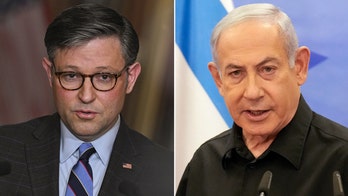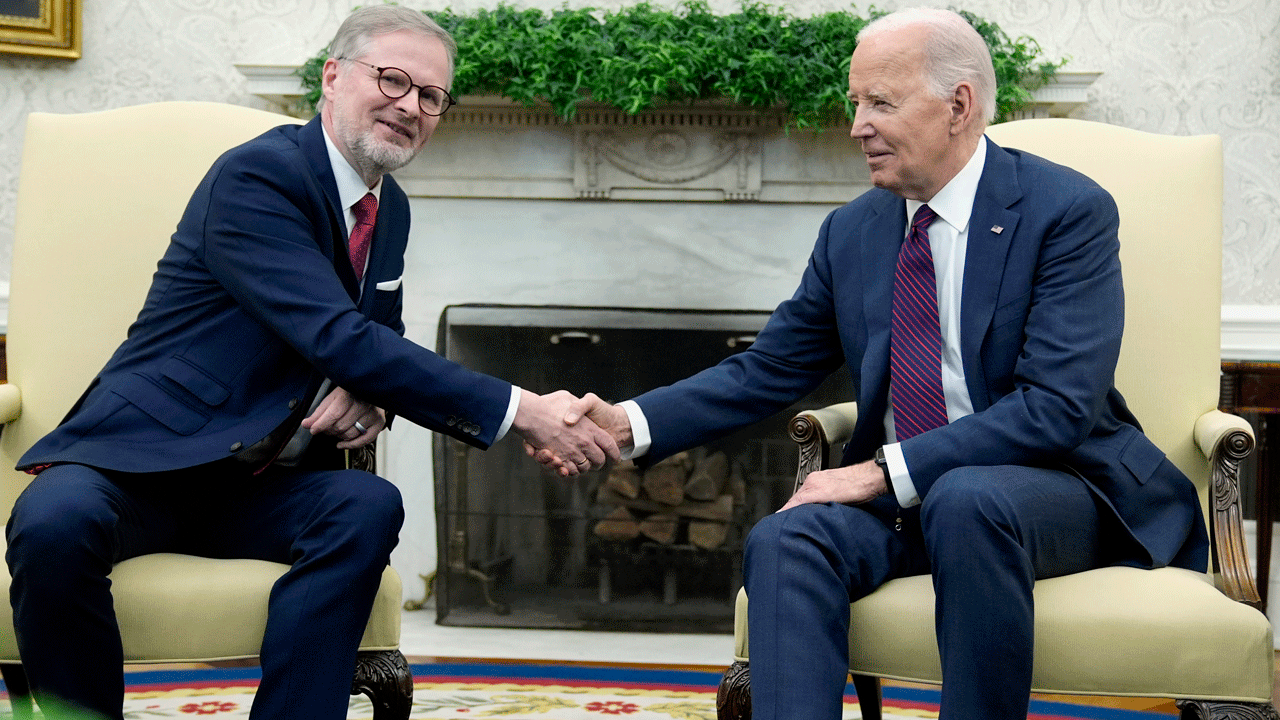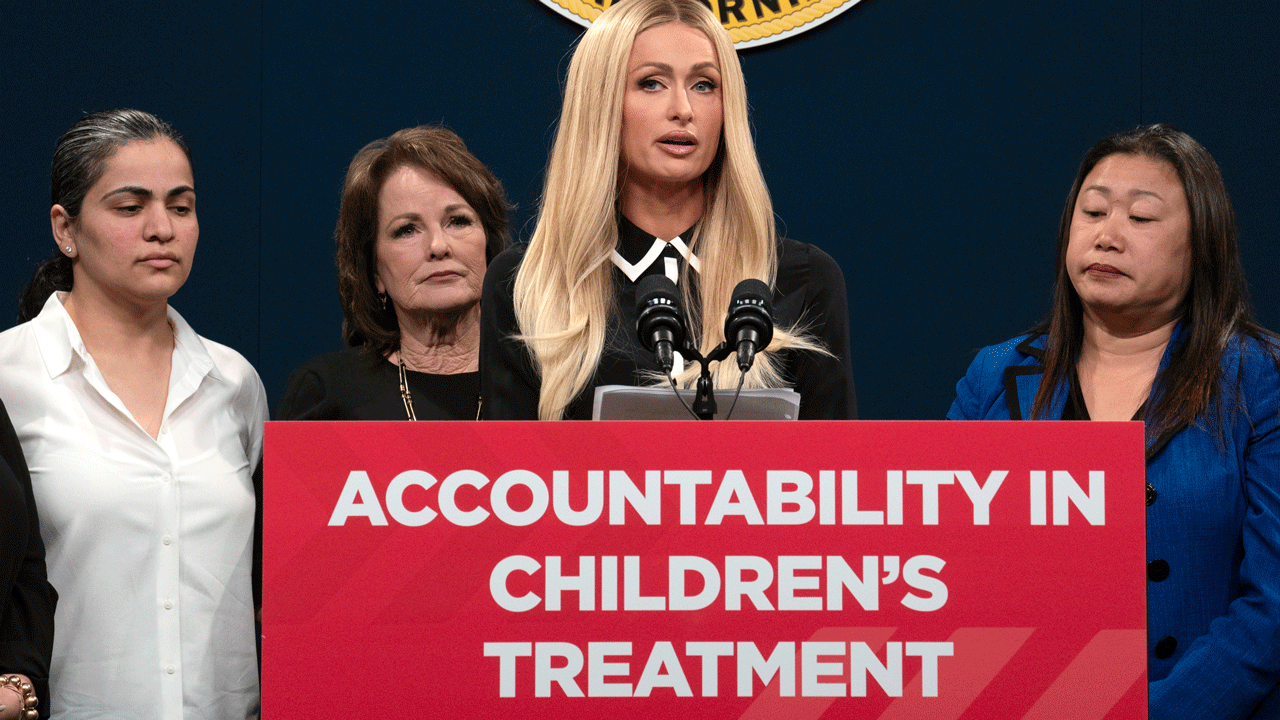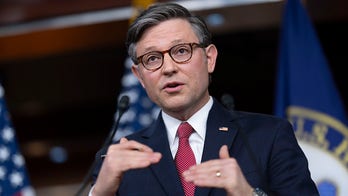House Republicans on Thursday called for an independent review of allegations that the National Football League sought to improperly influence a government study into the link between football and brain disease.
In a letter to the Department of Health and Human Services' inspector general, GOP leaders of the Energy and Commerce Committee said that a thorough assessment is needed to ensure the integrity of the process for awarding research grants.
The committee's top Democrat said in May the NFL tried to strong-arm the National Institutes of Health into taking the project away from a prominent researcher that the league believed was biased.
But the committee's chairman, Rep. Fred Upton of Michigan, and other GOP members of panel said they don't have all the facts needed to reach conclusions. All the attention generated by claims the NFL tried to sway the study have "tarnished the reputations" of leading researchers into traumatic brain injuries and other medical experts, they said in the 21-page letter to the department's inspector general, Daniel Levinson.
The lawmakers also said that based on the information they have, the institutes "may have contributed to the breakdown of the structures and processes that exist to preserve the integrity of NIH research."
NFL spokesman Brian McCarthy said in a tweet Thursday that it's "good to see unsubstantiated smears vs scientists don't go unanswered."
Rep. Frank Pallone, D-N.J., initiated an investigation after ESPN reported in December that the league had agreed to donate $30 million to the NIH to fund brain research. But the league backed out after the institutes went ahead with a $16 million grant to Boston University researcher Robert Stern, according to the sports network's report.
Stern is a leading expert on the link between football and brain diseases such as chronic traumatic encephalopathy. He also filed a declaration opposing a settlement between the NFL and former players, fearing that deserving players would not be compensated.
The NFL's critics say the league has downplayed the link between football and brain damage, alleging that an NFL committee on brain injury had ignored or minimized the link between repetitive head trauma and brain damage.
Pallone said his probe confirmed the NFL "inappropriately attempted to use its unrestricted gift as leverage to steer funding away from one of its critics," Pallone said.
The NFL denied Pallone's findings. The league acknowledged it had raised concerns about the study and a potential conflict of interest involving Stern, but said it had communicated its concerns through appropriate channels.
Upton and other Republicans said if the NFL acted inappropriately, then NIH "not only failed to identify and address this behavior, but rather encouraged ongoing discussion, thus creating a perception that the league had input on the use of (research) funds."
There is little evidence to suggest, Upton and his colleagues wrote, that anyone affiliated with the NFL "advocated on behalf of a specific research team or grant proposal."




